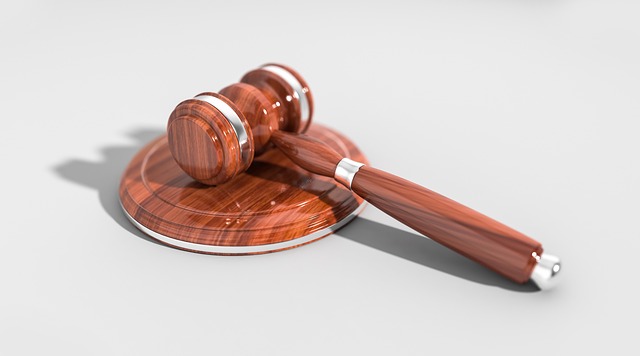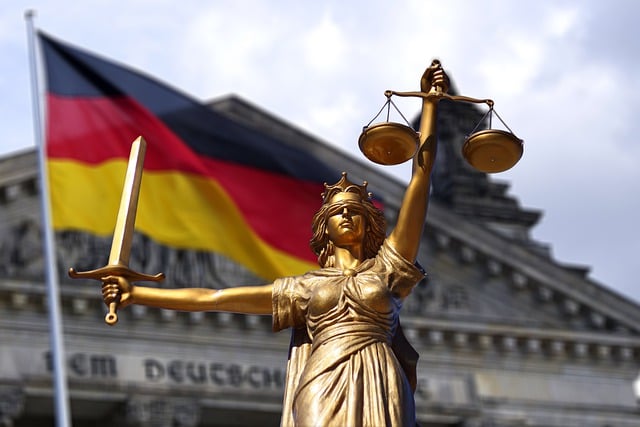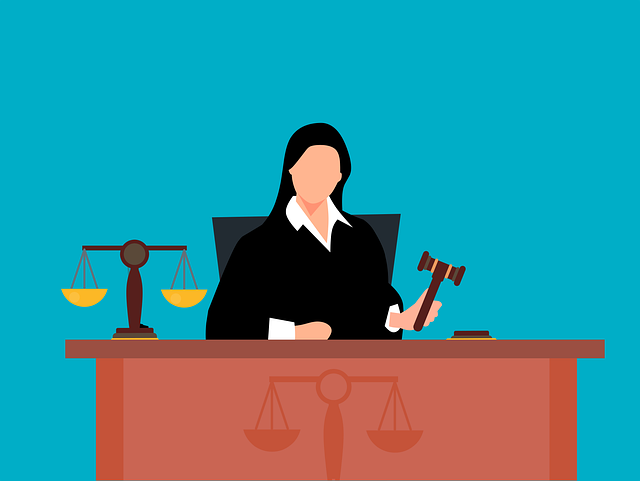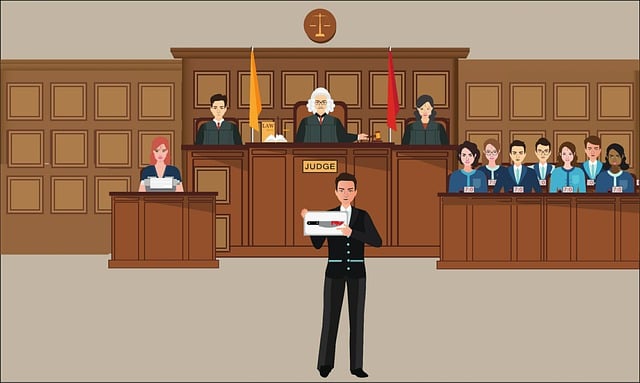Criminal defense legal representation is a crucial pillar in the complex realm of criminal justice, safeguarding accused individuals' rights and ensuring procedural fairness. Skilled attorneys navigate intricate laws, interpret evidence, and challenge prosecution claims to secure just trials. This specialized service is vital for addressing systemic flaws, police misconduct, and upholding an equitable judicial system. Through meticulous investigation, strategic planning, and powerful argumentation, criminal defense lawyers protect against state overreach, maintain a robust justice system, and defend the innocence of their clients.
In the intricate landscape of criminal law, criminal defense legal representation is a cornerstone of justice. Criminal defense lawyers play a pivotal role in safeguarding individuals accused of crimes, ensuring they receive fair trials and protection under the law. This article delves into the multifaceted world of criminal defense representation, exploring key aspects from understanding the lawyer’s role to implementing strategic defenses and upholding ethical standards. By examining these components, we aim to shed light on the crucial services provided by these legal professionals, emphasizing the significance of comprehensive criminal defense legal representation.
- Understanding the Role of Criminal Defense Legal Representation
- – Definition and significance of criminal defense lawyers
- – The process of providing legal representation in criminal cases
Understanding the Role of Criminal Defense Legal Representation

In the intricate landscape of criminal justice, the role of criminal defense legal representation is pivotal in ensuring fairness and protecting the rights of the accused. This specialized service provides a crucial safeguard against potential systemic flaws or police misconduct that may occur during an investigation or arrest. Skilled criminal defense attorneys are adept at navigating complex legal procedures, interpreting evidence, and challenging the prosecution’s case to ensure a fair trial for their clients.
Effective criminal defense legal representation involves multiple strategies, from filing pre-trial motions to cross-examining witnesses and presenting alternative theories. These attorneys advocate for their clients’ best interests, ensuring that their rights are upheld throughout the legal process. By understanding the nuances of the law and leveraging their expertise, they can significantly influence the outcome of a criminal case, thereby fostering a more just and equitable judicial system.
– Definition and significance of criminal defense lawyers

Criminal defense lawyers play a pivotal role in ensuring justice and safeguarding the rights of individuals accused of crimes. Their primary duty is to provide competent and ethical legal representation, offering a much-needed shield against potential state overreach. These attorneys are advocates for their clients, navigating complex criminal procedures and challenging evidence to protect their freedom and mitigate potential sentences.
The significance of criminal defense legal representation cannot be overstated. They ensure that every accused person has access to fair trials, guaranteeing the balanced application of the law. Through thorough investigation, strategic planning, and persuasive argumentation, these lawyers challenge the prosecution’s case, exposing any weaknesses or irregularities. This process is vital in maintaining a robust legal system, ensuring that rights are upheld, and innocents are protected from wrongful convictions.
– The process of providing legal representation in criminal cases

Providing legal representation in criminal cases involves a meticulous process designed to ensure fairness and due process for the accused. It begins with an initial consultation where the attorney meets with the client to discuss the case details, understand their version of events, and assess the strength of the evidence against them. This step is crucial as it sets the foundation for the defense strategy. The lawyer will then gather relevant information, witness statements, and evidence to build a robust defense argument.
Once gathered, the legal team analyzes the data, identifies potential weaknesses in the prosecution’s case, and forms a strategic plan. This may involve negotiating with prosecutors, filing pre-trial motions, or preparing for trial. Throughout this process, the attorney’s role is multifaceted: they advise their client on rights and options, challenge inadmissible evidence, cross-examine witnesses, and present mitigating factors to sway the judge or jury’s decision in favor of their client. Effective criminal defense legal representation is about protecting the rights and best interests of the accused, ensuring a fair trial, and advocating for the most favorable outcome possible.






